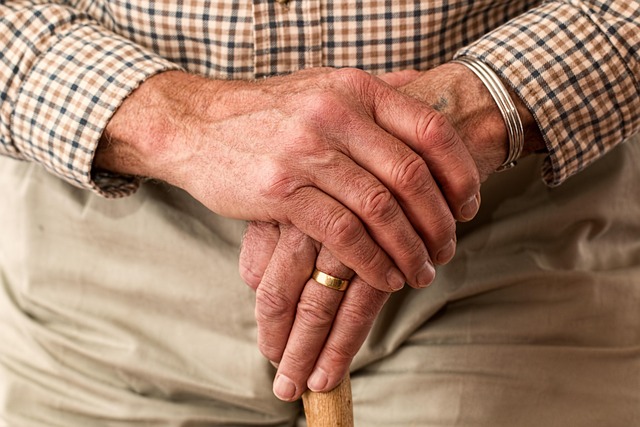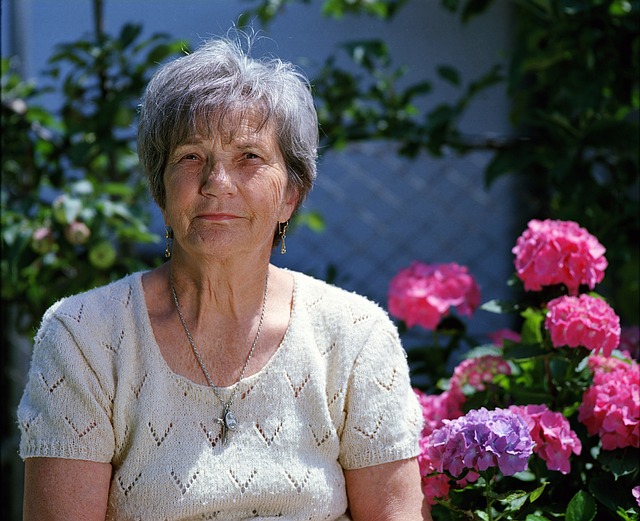Elderly Companion Services provide a vital support system for older adults, enabling them to maintain independence in the comfort of their homes. These services range from light household chores and meal preparation to companionship, personal care, medication management, and transportation. Caregivers can be hired part-time or full-time, offering flexibility while ensuring dignity and autonomy for seniors. Effective communication and bonding are crucial for caregivers, achieved through active listening, simple language, nonverbal cues, and shared memories.
Caring for an elderly loved one at home can be a rewarding yet challenging experience. This guide explores the transformative power of Elderly Companion Services, highlighting their numerous benefits and diverse types. From creating a supportive in-home environment to mastering effective communication, we provide practical tips for enhancing the lives of seniors while ensuring quality care. Discover how companion services can navigate the unique needs of aging, fostering comfort, independence, and profound connections.
- Understanding Elderly Companion Services: Benefits and Types
- Creating a Supportive In-Home Environment for Seniors
- Tips for Effective Communication and Bonding with Elderly Loved Ones at Home
Understanding Elderly Companion Services: Benefits and Types

Elderly Companion Services provide a valuable support system for older adults who need assistance with daily tasks but prefer to remain in the comfort of their homes. These services offer a range of benefits, including improved quality of life, enhanced safety, and increased independence. The services can be tailored to meet specific needs, from light household chores and meal preparation to companionship and emotional support.
There are various types of Elderly Companion Services available. Some focus on providing friendly conversation and social interaction, helping to alleviate loneliness and isolation. Others offer more hands-on assistance with personal care, medication management, and transportation. Caregivers can be hired part-time or full-time, depending on the client’s requirements, making it a flexible option for families who want to ensure their loved ones are well taken care of while maintaining their sense of home and autonomy.
Creating a Supportive In-Home Environment for Seniors

Creating a supportive in-home environment is essential for ensuring elderly loved ones feel comfortable, safe, and independent. Companionship services can play a pivotal role in this process by providing not just physical assistance but also emotional support. Caregivers from these services can help with daily tasks like meal preparation, medication management, and light housekeeping, allowing seniors to maintain their routines and autonomy.
A nurturing atmosphere is cultivated through regular interaction, conversation, and engagement in meaningful activities. This can include simple pleasures like reading together, playing favorite games, or even just sharing stories from the past. By fostering a sense of belonging and purpose, elderly companion services contribute to improved mental health and overall well-being for seniors, making their stay at home more enjoyable and fulfilling.
Tips for Effective Communication and Bonding with Elderly Loved Ones at Home

Effective communication and bonding with elderly loved ones at home is essential, especially when providing in-home care. One of the best tips is to be fully present and engaged during interactions. This means putting away distractions like phones or other devices, making eye contact, and actively listening to what they are saying, both verbally and nonverbally. Elderly Companion Services professionals should also be patient, allowing them time to process thoughts and memories, and encourage open dialogue by asking questions that prompt stories and reflections.
Using simple, clear language is crucial, avoiding jargon or complex sentences that might confuse. Rephrasing or restating their concerns or desires can show understanding and help build a stronger bond. Nonverbal cues, like gentle touching, smiling, or holding hands, can convey affection and comfort. Remembering and referencing shared memories or experiences can also foster a deeper connection, making them feel valued and appreciated in the moment.
As we conclude, it’s clear that elderly companion services play a vital role in ensuring the well-being and independence of our loved ones. By understanding the benefits and various types available, creating a supportive home environment, and fostering effective communication, we can provide quality care right at home. These strategies not only enhance the lives of seniors but also strengthen the bond between caregivers and the elderly, making it a rewarding experience for both parties.














